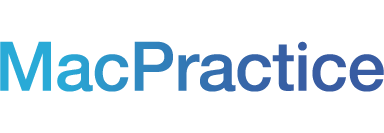It is no secret that businesses love Mac products because employees prefer them, but IBM claims that every Mac purchased actually saves the company money. They should know - IBM is the largest user of Macs, supporting more than 100,000 devices. The company sees $535 in savings per Mac over 4 years!

According to Fletcher Previn, VP of IBM’s Workplace as a Service, when IBM let employees choose the device they wanted, the company enabled and supported 90,000 Macs in a little over a year. They now add an additional 5,000 Macs per month. Every single one of those Macs is actually making IBM money. They found that PCs cost around 3 times as much to manage and create double the number of support calls. Macs pay for themselves over the life of the device in reduced support burden. Adding to the Mac savings is that hard drive encryption, antivirus protection, and security features like Gate Keeper and SIP are macOS native.
IBM also found that ”fewer support problems yields better quality support.” Even with less help desk staff for Macs, there is a higher rate of satisfaction for Mac users (91% for Mac vs 83% for PC) and only 5% of Mac callers ever require a tech to come to their desk versus 27% of PC users.
Macs can also increase productivity due to workstation performance, less time for backup/restores, and other technical factors - like fewer crashes and catastrophic data losses. One of the greatest time losses with PCs is the constant need to update. In 2015, there were 135 major critical patches of Windows 7 versus just 31 on Mac, which means 104 fewer updates per year.
Macs also cost three times less to outfit with software. IBM found with the total cost to upgrade users from Windows XP to Windows 7, it would have just been less expensive to buy all new laptops! Practices that use Macs never need to hire IT just to install Apple updates - most simply update to a new macOS themselves.
As of May 2016, 73% of IBM employees plan to choose a Mac as their next computer. At IBM Japan, Macs are the standard and PCs are the exception.
Learn more at macpractice.com.
